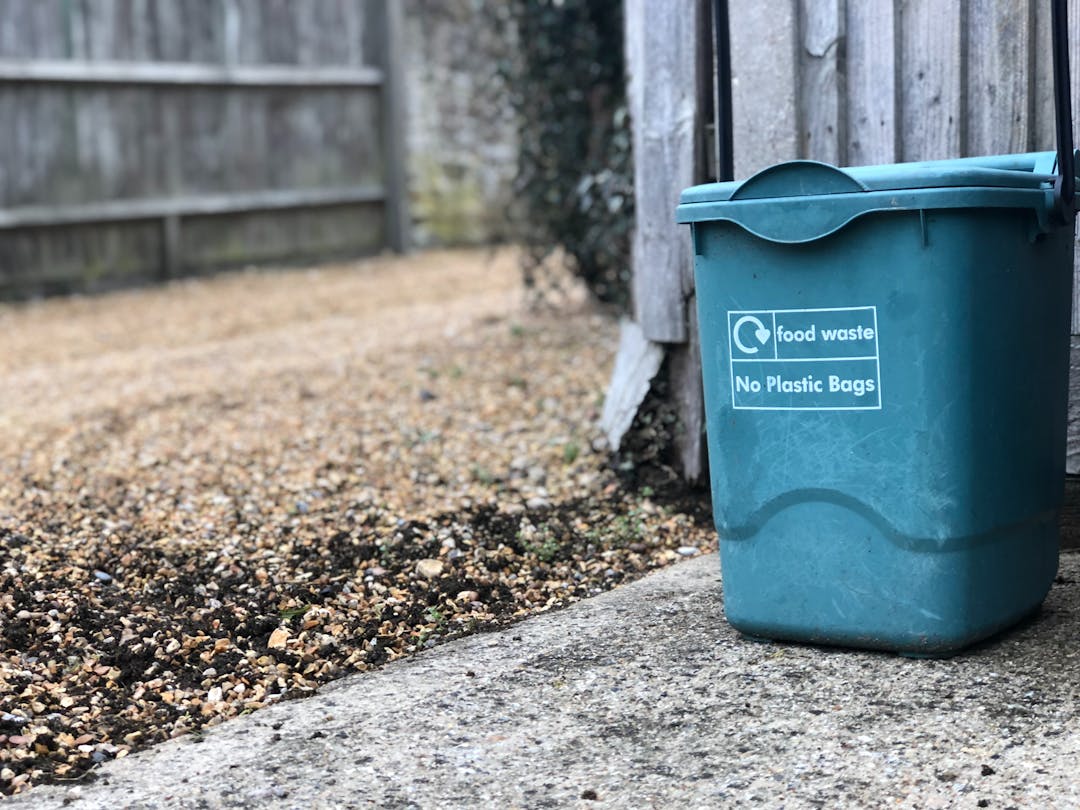Green Waste Initiative

Definition of Initiative
Green waste management includes access to residential and work site composting, education on proper disposal of waste, and other opportunities to divert waste from landfills. Green waste management is a relatively new service at the city level and education and outreach are needed to inspire residents to take action and properly dispose of green wast
Nationwide, organic wastes, including food scraps and yard waste, constitute over 25% of the solid waste sent to landfills. This organic waste is a great opportunity for waste reduction—to divert materials from the traditional garbage can to landfill waste stream. It is also an opportunity for positive environmental impact as composting green waste not only prevents organic waste from entering landfills but also produces compost, a useable product.
Sustainability Considerations
Traditionally, green waste management programs have focused on curbside service for single family residences. To provide equal service to all residents and to reduce the amount of waste sent to landfills, local jurisdictions should provide food scrap and yard waste collection to multifamily residences and businesses.
Information about collection services and educational materials should be available in different languages to promote participation of diverse communities. Green waste management practices protect the environment and protect residents from the detrimental health effects of pollution and climate change. The clustering and disproportionate siting of waste transfer and processing facilities in low-income communities and communities of color is an environmental justice issue. Without proper mitigation of negative effects, these facilities can degrade health and environmental conditions, as well as displace community revitalization plans and economic activity.
The City of Point Russell Green Waste Initiative outlines strategies to promote equity, including:
- “Fair distribution of transfer facilities and division resources, such as the community litter cleanup, school education, and green building programs, helps ensure that everyone has access to services that create safer and healthier communities."
- The division provided technical assistance to ensure that the benefits of green building strategies, such as lower energy costs and improved indoor air quality, are available to residents of affordable housing developments. The average household produces over 40 pounds of green waste every month.
- In siting new transfer facilities, the division engages communities to ensure equal opportunity for involvement in the siting process. The division utilizes demographic data to ensure that these essential public facilities are distributed equitably throughout the county and that any negative impacts of the facilities do not unfairly burden any community.
- In addition to translating materials into multiple languages, the division has added a Spanish language component to its comprehensive outreach programs. Rather than simply translate existing materials, the division has worked directly with the local Spanish-speaking community to create new programs and materials in Spanish that respond to the questions and needs of the community.
Share Your Insight
We are continually looking for residents' experiences with our current systems to better understand how we can effectively roll out services to our constituents. With this Green Waste Initiative, we want to make sure that the service that is created will be easily sustained and utilized by residents having a positive impact on the environment and our City.
- There are no stories to display. Why don't you share one?